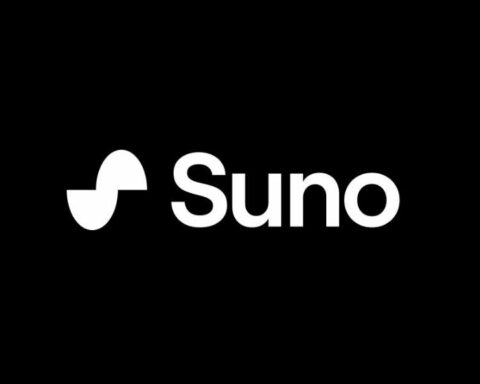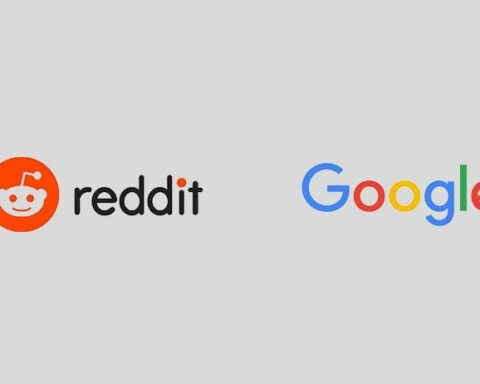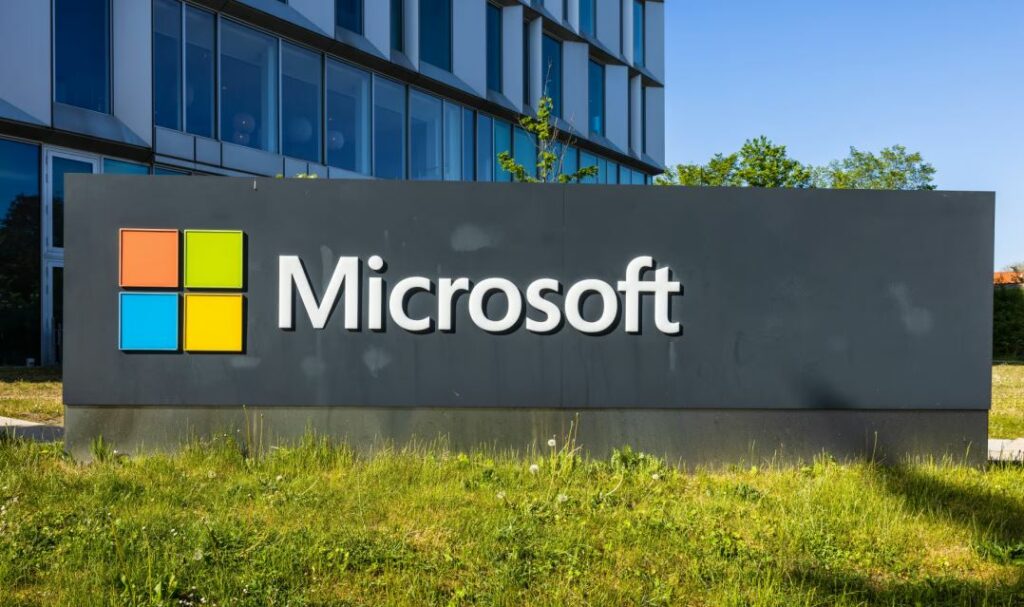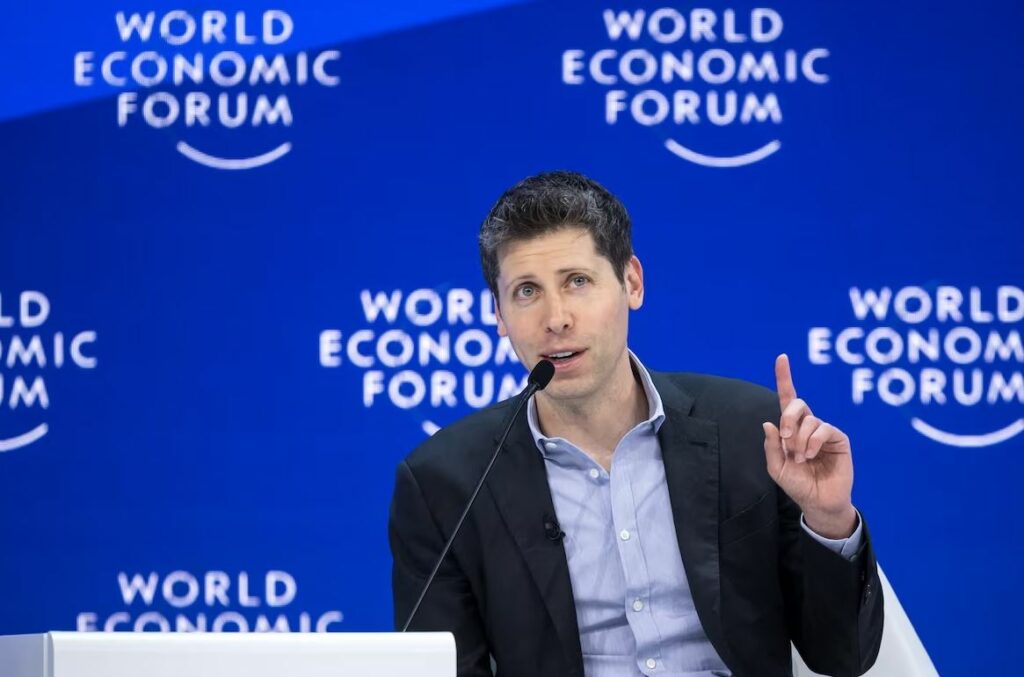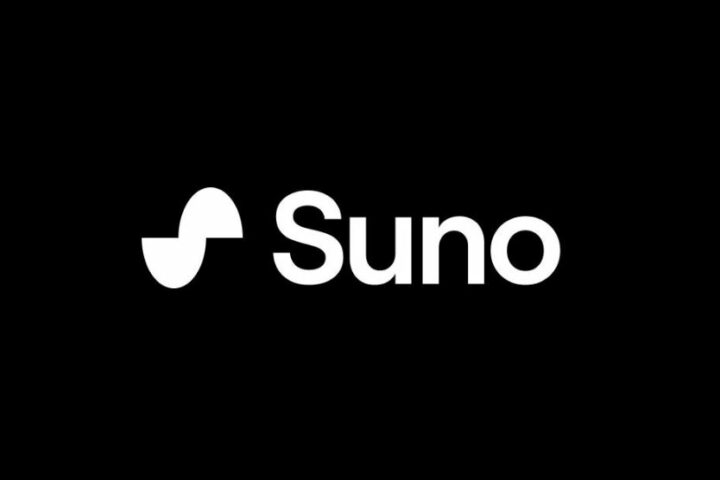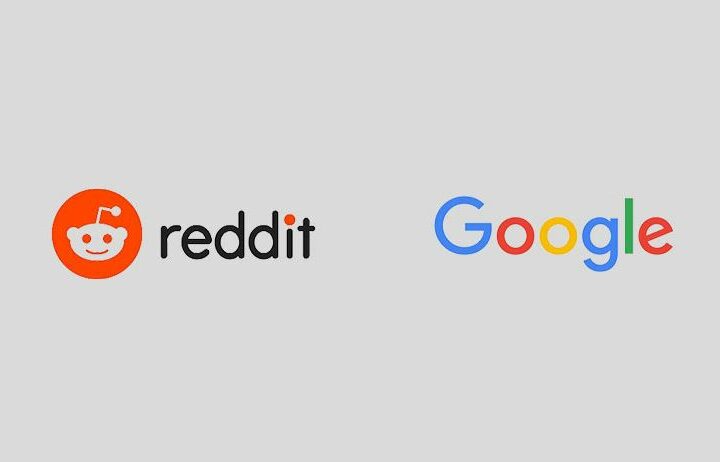
In a major legal development, Google has reached a settlement in a patent infringement lawsuit concerning the chips that have been powering its artificial intelligence features.
This settlement, disclosed in a filing in a Massachusetts federal court, arrives on the heels of what was to be the commencement of closing arguments in the trial against Singular Computing.
This case has been closely monitored, as it encapsulates the intricate legal battles emerging in the rapidly evolving field of AI technology.
Lawsuit Background and Settlement Announcement
- The lawsuit by Singular Computing sought $1.67 billion in damages, alleging that Google misused its computer-processing innovations.
- Details of the settlement have not been disclosed, but representatives from both Google and Singular confirmed its occurrence.
- Google’s spokesperson, Jose Castaneda, stated that the company did not infringe upon Singular’s patents and expressed satisfaction over the resolution of the matter.
Singular’s Claims Against Google
Singular Computing, founded by Massachusetts-based computer scientist Joseph Bates, accused Google of integrating its technology into processing units crucial for AI features in services like Google Search, Gmail, and Google Translate.
The 2019 lawsuit asserted that Bates had shared his inventions with Google between 2010 and 2014, and claimed that Google’s Tensor Processing Units, introduced in 2016, replicated Bates’ technology and violated two patents.
Particularly, versions 2 and 3 of these units, released in 2017 and 2018, were alleged to have infringed Singular’s patent rights.
Google’s Defense and Legal Proceedings
Google’s defense highlighted that the team responsible for designing its chips had never met Bates and that the chips were developed independently.
The company emphasized that its technology differed fundamentally from what was described in Singular’s patents.
Evidence presented during the trial included internal emails from Google’s now-chief scientist, Jeff Dean, discussing Bates’ ideas as potentially beneficial for Google’s developments. However, Google maintained the independent creation of its technology.
Implications for the AI Industry
The settlement of this lawsuit between Google and Singular Computing marks a pivotal moment in the legal landscape surrounding AI technology.
While the specific terms of the settlement remain undisclosed, this development underscores the complexity and significance of intellectual property rights in the burgeoning field of AI.
As companies continue to innovate and expand their AI capabilities, such legal challenges are likely to become increasingly relevant and influential in shaping the future of AI technology.
There have already been a handful of AI lawsuits, but many of these are directed at the software makers, not the hardware manufacturers or designers.
Getty Images famously sued Stability AI last year, as has the New York Times which is suing OpenAI for scrapping their content in training their foundation GPT model.



